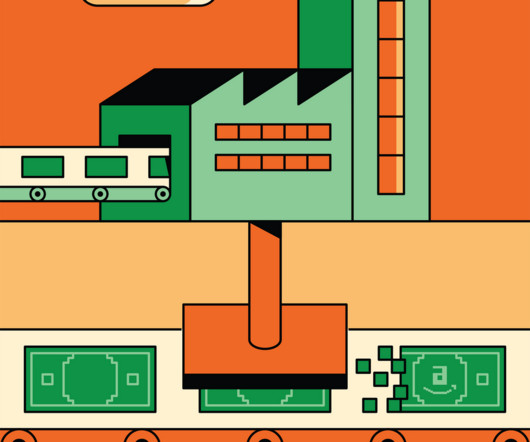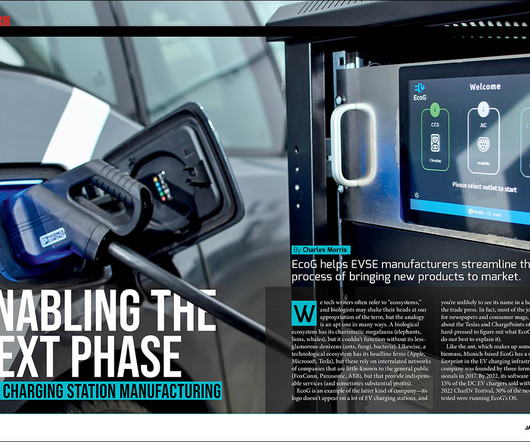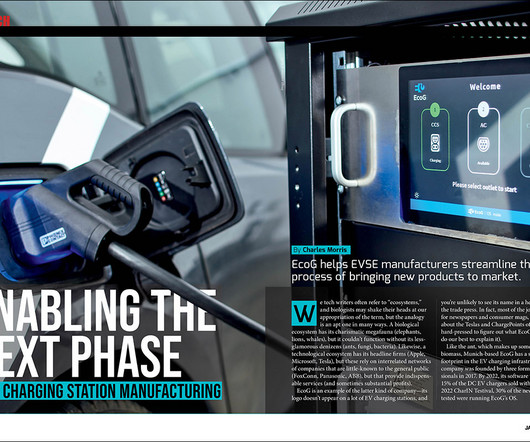Startup licenses ORNL technology for converting organic waste to hydrogen
Green Car Congress
AUGUST 17, 2019
The technologies work as a system that converts organic waste into renewable hydrogen gas for use as a biofuel. There are usually thousands of microbes that are required to convert a complex organic mixture from biomass into electrons. He is now a research professor at the University of Tennessee, while also working with the startup.











































Let's personalize your content